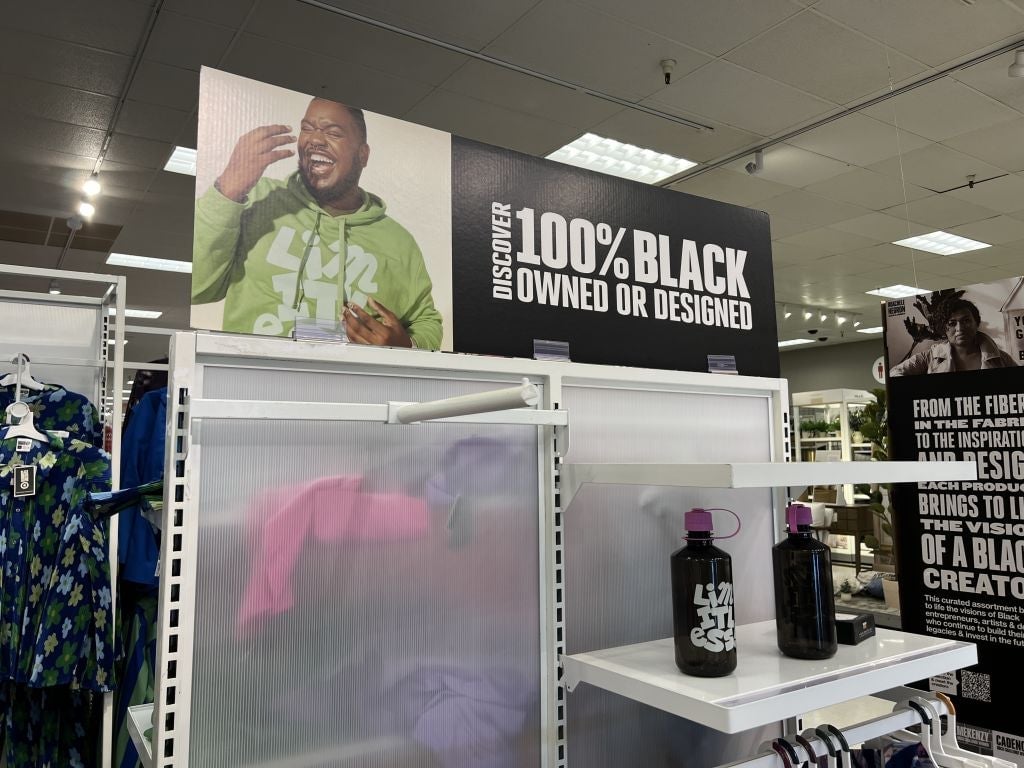Target is being sued for defrauding shareholders about DEI
The lawsuit claims shareholders bought Target stock at an inflated price unaware of the risks of the brand's diversity program

Shareholders sued Target (TGT) in a proposed class action suit on Friday for allegedly defrauding investors by failing to disclose the risks of its diversity initiatives.
Suggested Reading
The City of Riviera Beach Police Pension Fund in Florida, which is leading the suit, claims it bought Target stock at an inflated price between August 2022 and November 2024 that sunk following backlash to its diversity, equality, and inclusion (DEI) program.
Related Content
Lawyers said their client did not know it was supporting Target’s alleged “misuse of investor funds to serve political and social goals.”
Plaintiffs say Target also hid the impact of right-wing backlash against its May 2023 Pride Campaign, which led some to boycott the store and left employees vulerable to attacks from angry customers.
Target stock plummeted by more than 21% in November after it reported disappointing third-quarter earnings. Walmart (WMT) reported strong earnings that quarter, a difference the suit blames on “continued backlash” from the brand’s DEI initiative.
The suit filed in U.S. District Court, Middle District of Florida, names Target, its CEO Brian Cornell, and the company’s boards as defendants.
Target, which did not immediately return a request for comment, announced in January it will scale back several of its diversity, equity, and inclusion (DEI) initiatives.
It said it will end its three-year DEI goals and stop reporting to external groups such as the Human Rights Campaign’s Corporate Equality Index. It will also discontinue a program aimed at increasing its share of products from Black or minority-owned businesses, according to memo sent to employees and shared with Quartz in an email.
Kiera Fernandez, Target’s chief community impact and equity officer, stated that the decision was driven by a need to adapt to an “evolving external landscape.” She added that the move was based on “data, insights, and listening.”
—Francisco Velasquez contributed to this article.
